Day: January 2, 2024

Allergens and Weather Changes
Allergens are substances that can trigger an immune system reaction, usually in the form of sneezing, coughing, itchy eyes, and a stuffy nose. Changes in the weather can greatly affect allergens, as different temperatures, humidity levels, and wind speeds can cause large centers of allergens to be pushed from one…
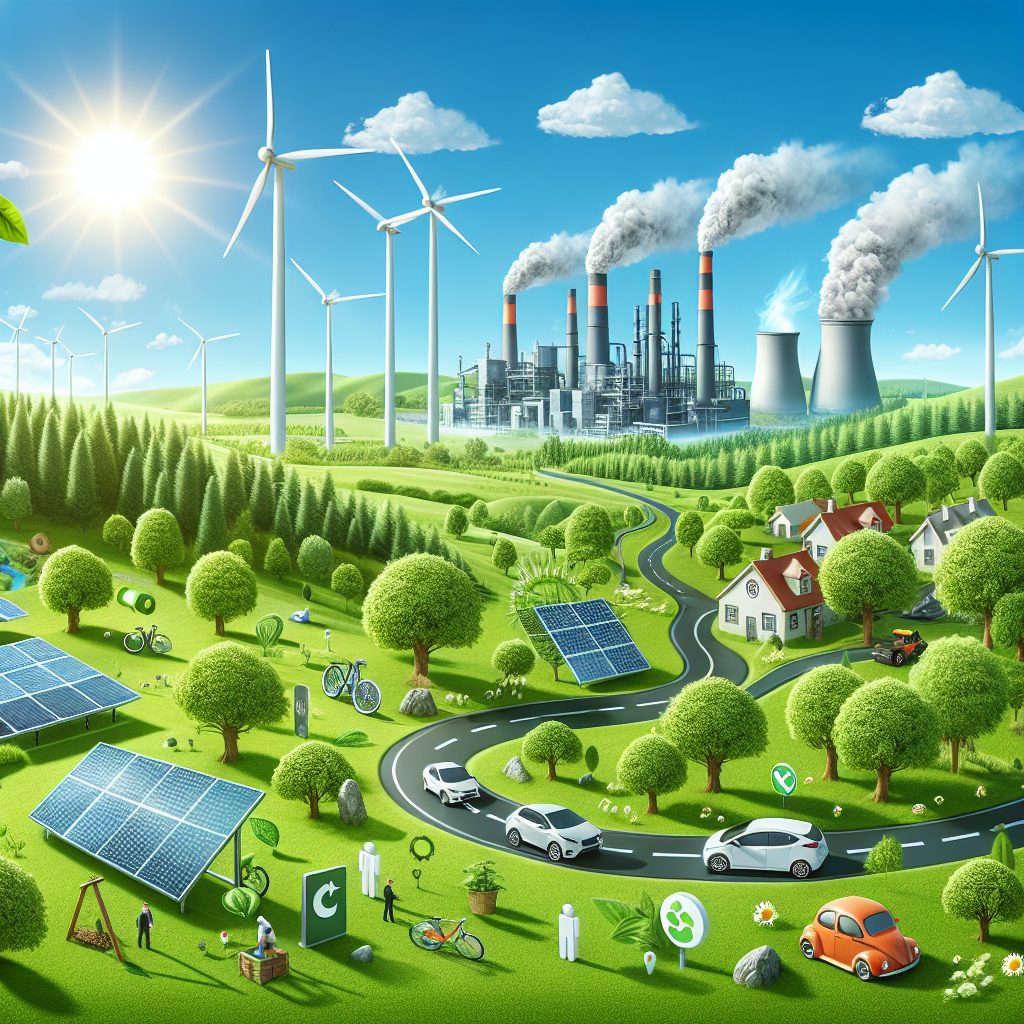
Sustainable Carbon Practices
Sustainable carbon practices refer to strategies and actions designed to reduce the amount of carbon emitted into the atmosphere. This could include activities such as routing cars, increasing the use of public transit, or emphasizing the use of renewable energy sources. Sustainable carbon practices have become increasingly important in recent…

Reduce Carbon Footprint
Reducing carbon footprint is an important initiative in stopping the severe environmental damage caused by unsustainable practices, such as the burning of fossil fuels. Carbon footprint is a measure of the total amount of greenhouse gases emitted into the atmosphere by burning such fuels as coal, oil, and natural gas,…
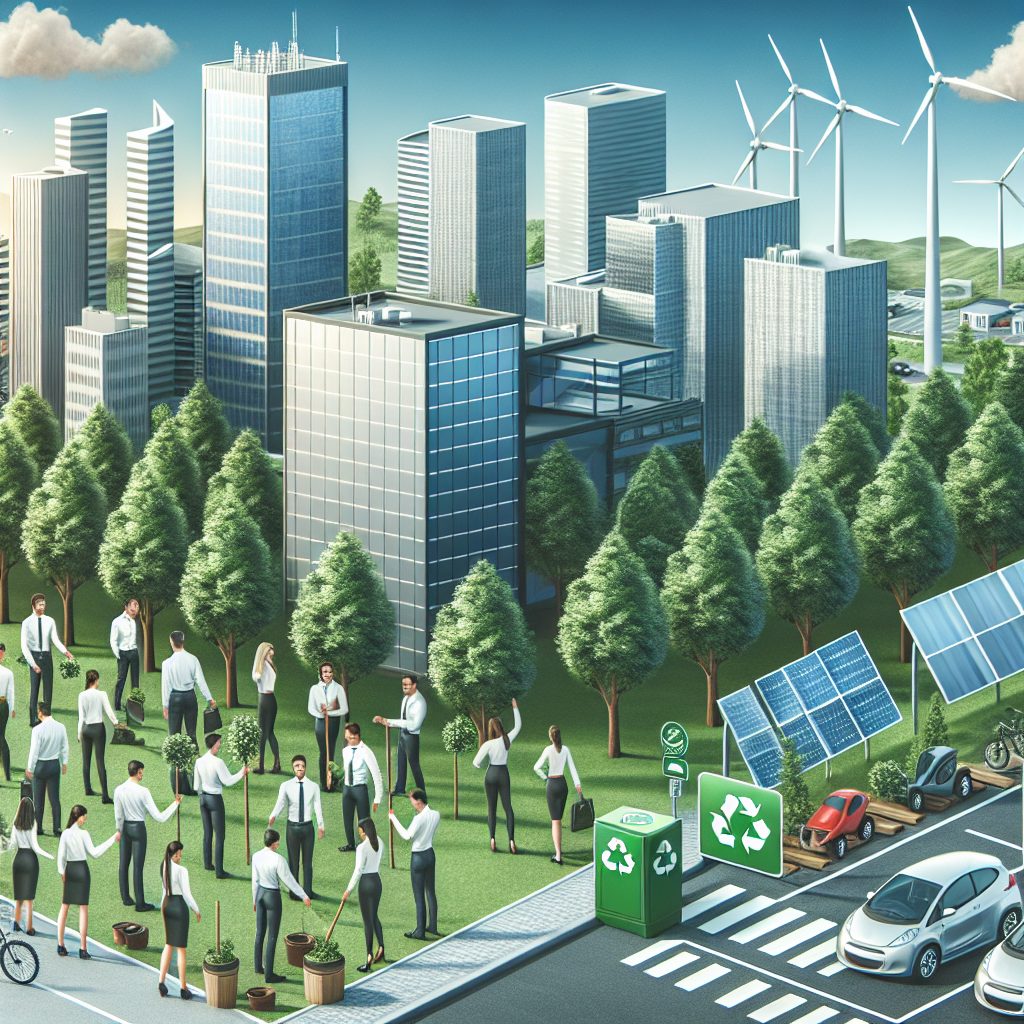
Corporate Carbon Responsibility
The increasing demands and expectations of society in regards to environmental responsibility have made businesses increasingly accountable for their carbon footprints. Corporate carbon responsibility is a term used to describe the actions businesses take to meet this demand. Many companies are implementing strategies, such as measures to reduce emissions, track…

Allergens and Workplace Productivity
Allergens in the workplace can affect productivity in a variety of ways, but few employees are prepared to address them. According to the National Resources Safety Council (NRSC), allergies are the sixth leading cause of chronic disease in the world. The most common work-related allergens include dust, pollen, mold, and…

Allergens and Travel
Traveling and having allergies is often an overwhelming task. Allergens, which are a natural particles or substances that cause an allergic reaction, can be found in many places. These allergens can range from airborne pollen to food-based allergens like nuts, wheat, or pollen particles on all surfaces. Therefore, when going…

Airborne Allergens in Schools
Airborne Allergens in Schools is a growing concern due to the fact that while students are in school, they may be exposed to a wide range of allergens which can cause allergic reactions. Allergens can be found in both indoor and outdoor environments; outdoor sources such as pollens, mold spores,…
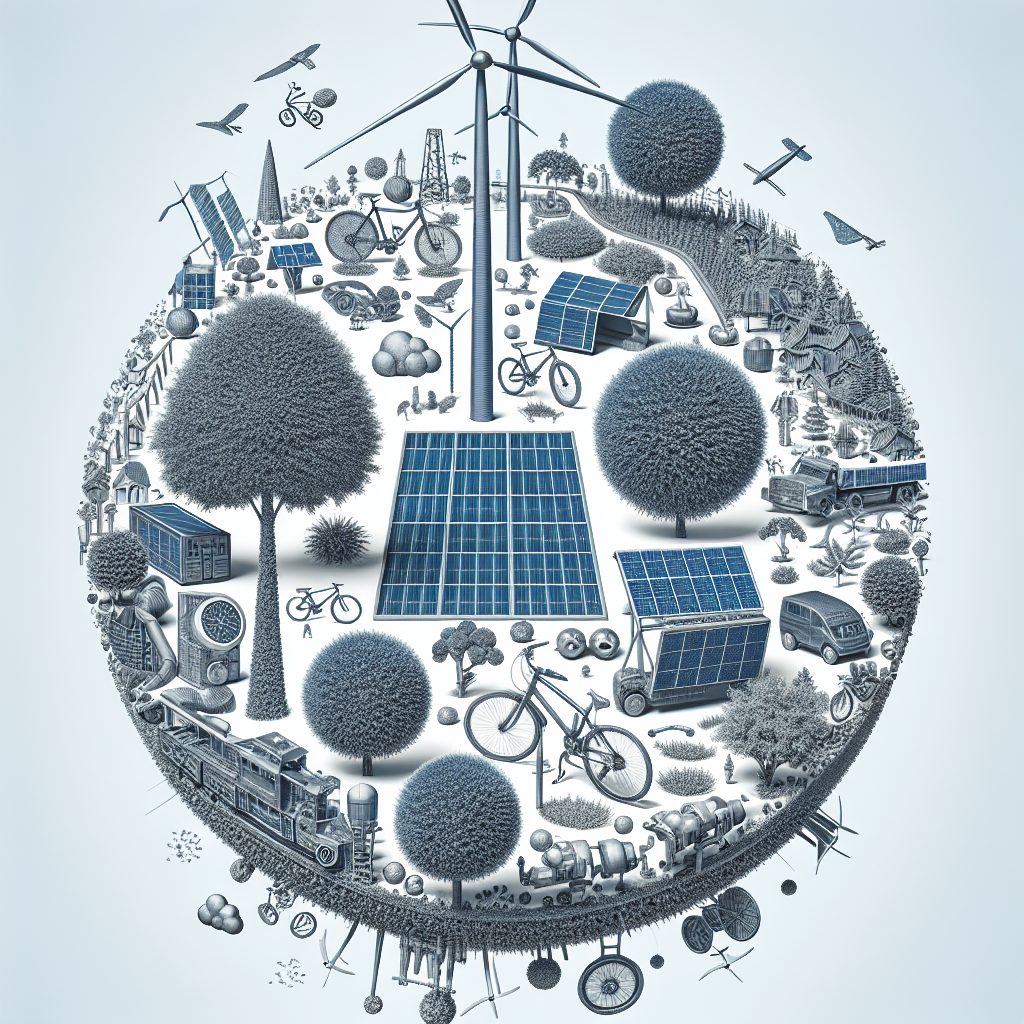
Offset Carbon Emissions
Offset carbon emissions is an environmental initiative that looks to reduce the amount of carbon dioxide released into the atmosphere. It works by having companies and individuals offset or counterbalance the amount of emissions by either planting trees or investing in renewable energy. This process counteracts the rising levels of…
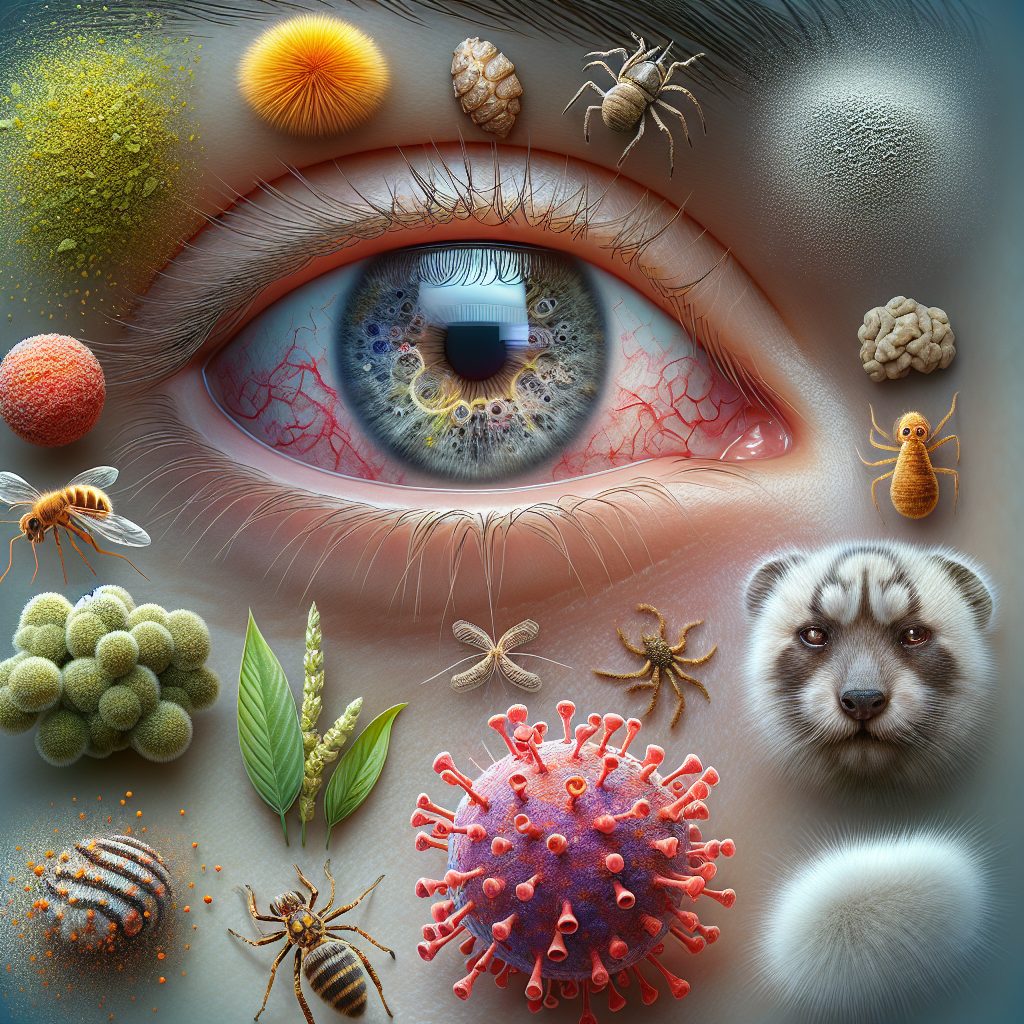
Allergens and Allergic Conjunctivitis
Allergens are substances that when introduced to the body, provoke an immune response causing an allergic reaction. This is an adverse reaction whereby the body releases chemicals in response to the allergen and inflammation results. Allergic conjunctivitis is inflammation of the conjunctivae caused by the presence of an allergen. Common…

Carbon Neutral Living
Living a carbon neutral lifestyle has become a popular trend in recent years as the environmental, economic and social benefits of reducing one’s carbon footprint become increasingly apparent. Carbon neutrality involves reducing emissions or offsetting them through renewable energy initiatives such as investing in sustainable energy production. It is a…
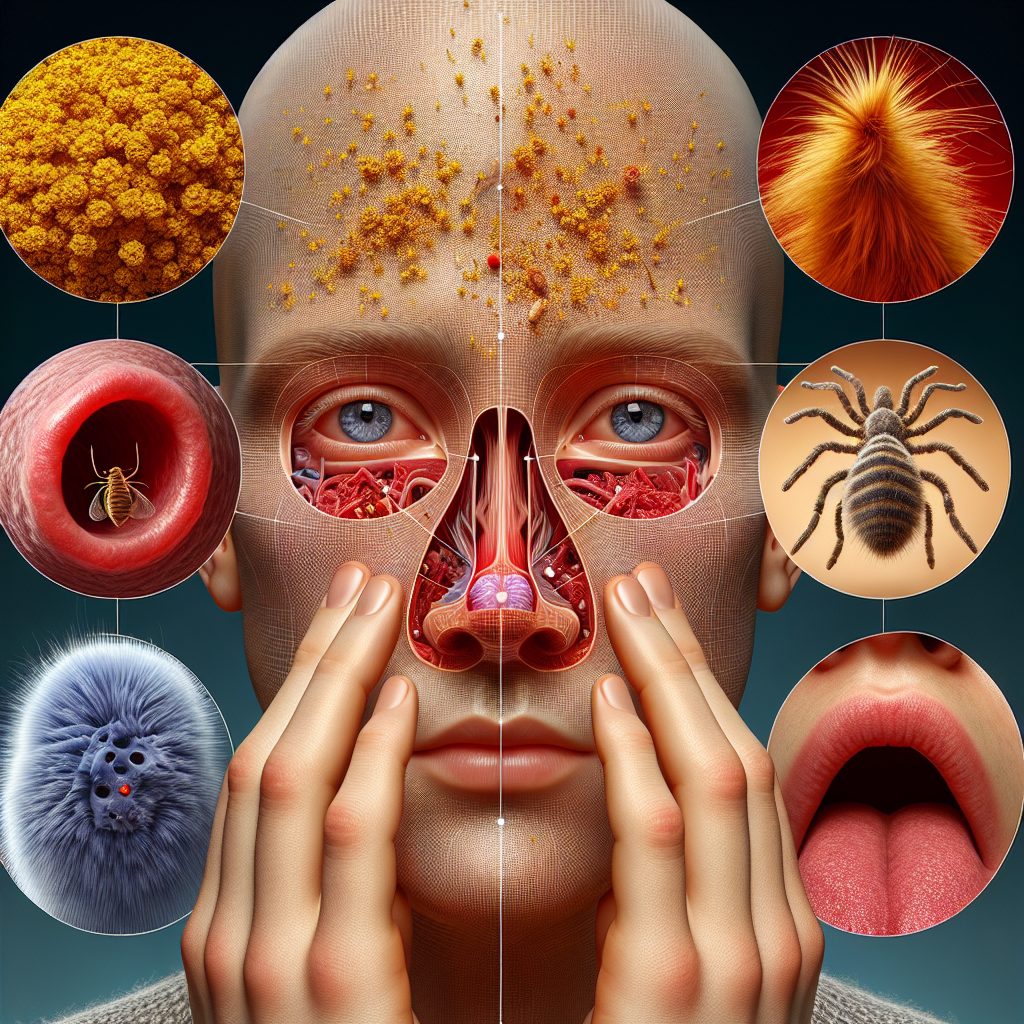
Allergens and Allergic Rhinitis
Allergens are substances that cause the body to respond in an immune reaction including reactions such as allergic rhinitis. Allergens are typically inhalable particles such as mold, dust mites, pet dander, pollen, and cockroach debris. Allergic rhinitis is a condition triggered by allergens that cause inflammation in the nose and…

Carbon Footprint Reduction Tips
Our world is facing unprecedented environmental challenges due to changing climate, and as such, it is essential to start reducing our individual carbon footprints. One effective way of doing this is to adopt a list of Carbon Footprint Reduction Tips. These tips can help us reduce resource depletion, energy expenses…

Allergen-Free Dining
Allergen-Free Dining is an emerging trend in restaurants and cafeterias that offer menu selections safe for wide range of allergies, sensitivities, and dietary restrictions. Allergen-Free Dining goes beyond traditional offerings by ensuring that menu items do not contain the major food allergens, such as gluten, peanuts, tree nuts, milk, and…

Allergens and Mental Health
The subject of allergens and mental health is among the hotly debated topics among health practitioners and researchers alike. Allegens are microscopic organisms that may cause allergies in some individuals due to its various forms. Common allergens include pollen, certain foods, dust, and pet dander. When react to allergens, the…

Carbon Footprint Calculation
Carbon footprint calculation is an important concept for those of us concerned with protecting the environment. It is a measure of the total amount of greenhouse gases issued by an individual, an organization, or a country that is responsible for global warming. A carbon footprint is expressed in terms of…
